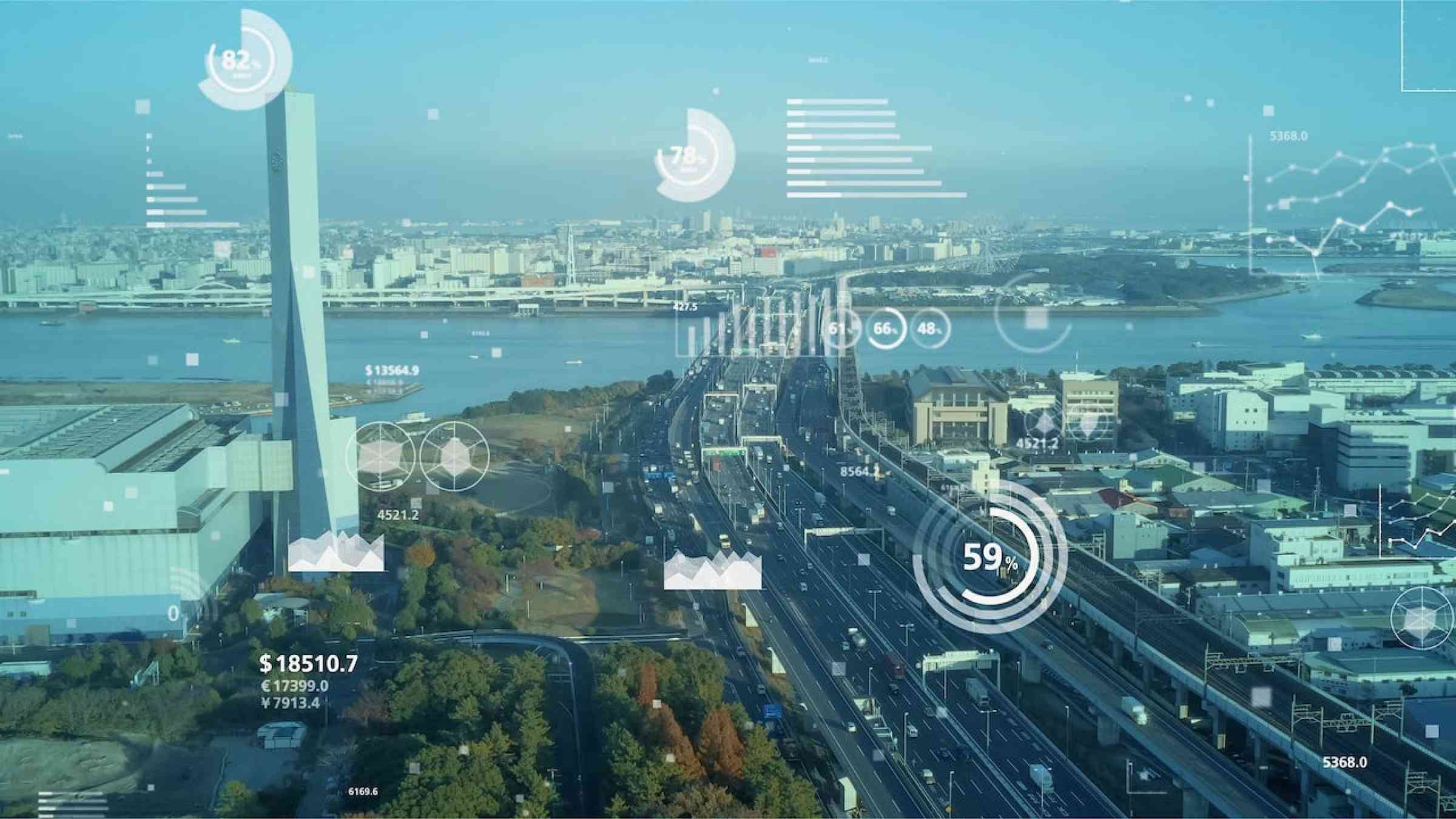The importance of integrating resilience in environmental, social, and governance (ESG) investing – an ESG+R approach
Direct and indirect financial losses caused by disasters are rising. Disasters generate significant economic, fiscal, and social shocks. It is estimated that global investments of €1.6 trillion in appropriate disaster risk reduction strategies could avoid losses of €6.4 trillion. However, the current level of resilient investments does not match the scale of the challenges.
The private sector and other stakeholders have been integrating environmental, social and governance (ESG) criteria into their work. The negative financial impact of the COVID-19 pandemic signals the need to address risks that materialise in complex and interrelated ways. Integrating resilience into ESG investing could entail:
- Develop targeted DRR financing strategies,
- A ‘Think Resilience’ approach to all investments,
- Targeted investment in resilient infrastructure, and
- financial institutions aligning their strategies, operations and activities with the Sendai Framework.
The session discusses gaps, barriers, opportunities, and enabling factors to facilitate and scale-up investments in resilience which ensure that people and the planet are put on the forefront.
Session objectives
- To underline the importance of integrating resilience in environmental, social, and governance (ESG) investing
- To incentivize a mindset shift from a short-term outlook and under-prioritising disaster risks to promoting a “Think Resilience” approach for all investments
- To unpack successful efforts and showcase the benefits of investing in resilience
- To understand the roles and strategies of the private sector in collaboration with other stakeholders for proactive investments in resilience
- To discuss gaps, barriers, opportunities, and enabling factors to facilitate and scale-up investments in resilience
Connection details
Please click the link below to join the webinar:
- Passcode: 980366
Moderator
- Ms. Modiegi Hildah Radikonyana, Senior Humanitarian Manager, Old Mutual Foundation
Speakers
Segment 1: Good practises of risk-informed investments that highlight the benefits and lessons learned to minimise the generation of systemic risks
- Mr. Fernando Perez de Britto, AI Systems Research (AISR), ARISE Vice-Chair
- Mr. Shaun Tarbuck, International Cooperative and Mutual Insurance Federation (ICMIF)
- Ms. Monica Freyman, The Cooperators
- Mr. Brig (Dr) BK Khanna, CEO ARISE India
- Ms. Marianna Bulbuc, Bizzmosis Group
- Ms. Aidee Zamorano, Zurich Foundation
Segment 2: The role and potential successful strategies from the public and third sectors
- Dr. Paul Hudson, University of York, S&T Major Group
- Ms. Sandra Wu, Member of UN Global Compact Board, Chairperson and CEO of Kokusai Kogyo, Co., Ltd.
- Dr. Mahmoud Al-Burai, ARISE UAE, UN Global Compact MENA representative
- Prof. Lloyd Waller, Global Tourism Resilience and Crisis Management Centre
- Ms. Emily Gvino , Environmental Planner, Clarion Associates
- Ms. Ma. Antonia Yulo-Loyzaga, Member, Asia Pacific Science and Technology Advisory Group (APSTAG), President, National Resilience Council (NRC)
Documents
Learn more
The session discusses gaps, barriers, opportunities, and enabling factors to facilitate and scale-up investments in resilience.
Where do we stand
The direct and indirect financial losses caused by disasters are rising. Disasters generate significant economic, fiscal, and social shocks. At the macro level, both low-and-middle income economies as well as high-income economies are highly exposed to these shocks, with the former being disproportionately affected. At the micro level, disasters cause major disruptions in the functioning of firms and all parts of society in general. It is estimated that global investments of €1.6 trillion in appropriate disaster risk reduction strategies could avoid losses of €6.4 trillion
The private sector and other stakeholders have been integrating environmental, social and governance (ESG) criteria into their work. However, the current level of resilient investments does not match the scale of the challenges. The negative financial impact of the COVID-19 pandemic signals the need to address risks that materialise in complex and interrelated ways. Integrating resilience into ESG investing could entail: 1) Develop targeted DRR financing strategies, 2) A ‘Think Resilience’ approach to all investments, 3) Targeted investment in resilient infrastructure, and 4) financial institutions aligning their strategies, operations and activities with the Sendai Framework.
Session guiding questions
- What is the role of resilience within ESG?
- What are successful efforts and benefits of investments in resilience?
- What are the main gaps, barriers, opportunities, and enabling factors for investments in resilience to scale-up and reach the most vulnerable?
- What role, strategies, and responsibilities do the private sector and other stakeholders have in risk financing?

Agenda
Location
BICC Ground Floor
Online access
Participation
Open to those registered for the conferenceInterpretation
ENDetails
Contact
Abhilash Panda [email protected] Erick Gonzales Rocha [email protected]